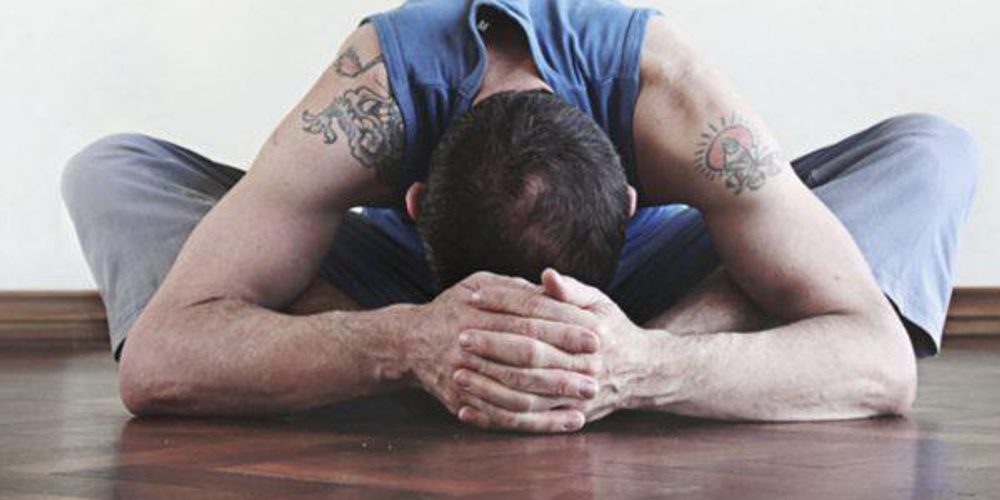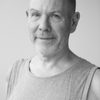Norman Blair shares his beliefs on how yoga can help us become settled, aware and embodied.
Norman has been practising yoga since the early 1990s and started teaching in 2001. He believes that yoga is accessible to all of us and that through regular practice we can experience profound changes in our mind and body. He is one of the most experienced yin yoga teachers in the UK and weaves this wonderful practice with his own background of ashtanga and meditation to create a potent mix.
What, when and where was your first experience of yoga?
I have been practicing yoga since the early 1990s; my first ever class was at Bodywise in East London and then I studied with Oz.
What made you decide to move from student to teacher?
A variety of different events including personal upheavel, a long standing yoga practice and an ability to describe and explain.
What teaching tip has had the biggest influence on the way you practice? And the way you teach?
Be patient and be persistent and be open to possibilities…I enjoy how yoga adds awareness to the way I live my life and the way I interact with those around me.
What does your own self-practice involve?
I practice ashtanga (primary series and maybe ten poses of second) about three times a week; at home, I have a daily meditation practice and I also practice Yin yoga postures.
If you only had 10 minutes to practise, what would you do?
Sit down, stay still, being aware of body and breath.
Who/what is the biggest inspiration on your yoga journey at the moment?
The many people who are exploring transformation and attempting to shift fixed settings.
What role does yoga play in the way you live?
It is an important tool for waking up and becoming more aware; it is also a great way of looking after the body and being in the body.
What do you hope your students experience when they practise with you?
Peace, quietness, ease, a sense of becoming settled. I encourage people to approach their practice as “here I am, right here in this body, right now as it actually is.” We have to let go of thinking, “I can’t do this…” or “I used to be able to do that…”
Which yoga text could you not live without?
There are too many books to mention – each day it can be different. There’s a book written about a Buddhist nun called Tenzin Palmo: "A Cave in the Snow" where she talked about how great it would be if when we met people on the street, our first thought was: “may they be happy and well”. Not judging them on the way they look or the clothes they’re wearing. Not thinking “I don’t like you” or “you remind me of so and so”. Part of the practice is becoming aware of these conversations and just seeing people and things for their natural beauty. For me yoga is a process of exploration: Where is my mind right now? Where am I feeling this pose in my body?
What’s your favourite yoga pose to do and to teach?
Probably butterfly…and then sirsasana…
Describe the meaning of yoga in 10 words or less.
Life, death – coming into relationships with thoughts, feelings, bodies, other, all that is.
And the stillness of yin yoga allows you to come into relationship with these thoughts and feelings. We’re often so separate from our bodies. I enjoy the process of becoming aware. And that’s why I enjoy yin yoga.

Relax and Restore: An Online Restorative Yoga Level 1 Teacher Training
11th September 2025 • Online Live • Adelene Cheong
- Details and booking
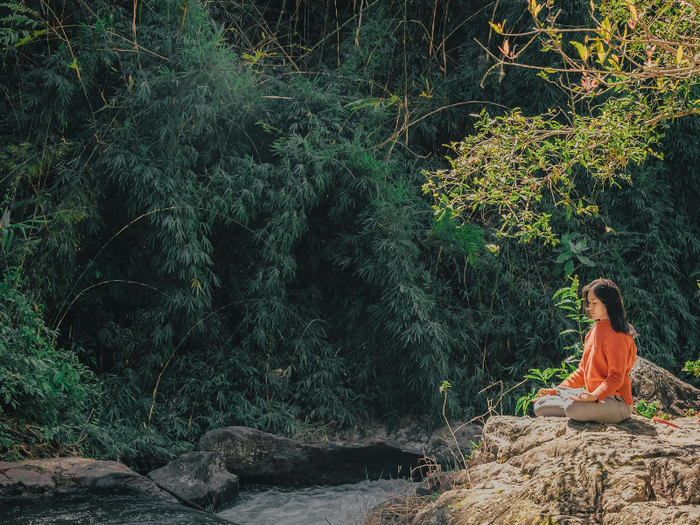
Meditation Teacher Certification
1st October 2025 • Online Live • Graham Burns Isabell Britsch
- Details and booking
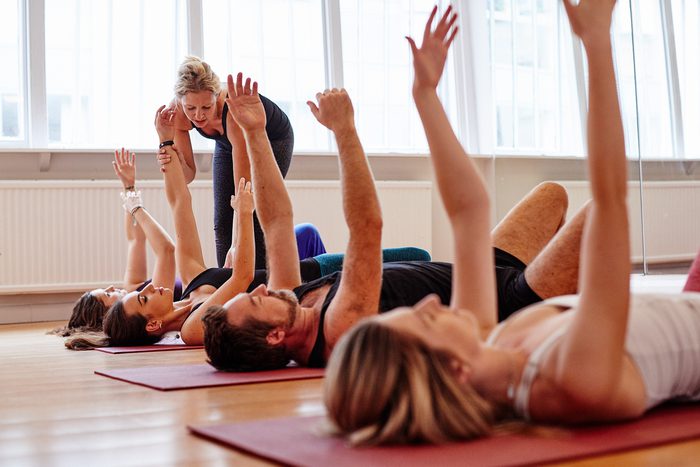
Yoga & Somatics for Healing & Recovery Online Training
25th September 2025 • Online Live • Charlotte Watts
- Details and booking
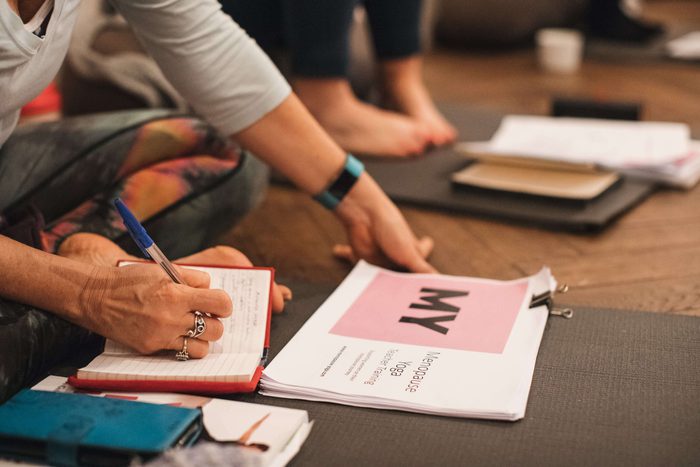
Menopause Yoga Teacher Training (suitable timings for North America)
2nd June 2025 • Online Live • Petra Coveney
- Details and booking

Birthlight Postnatal Yoga Teacher Training
17th October 2025 • Online Live • Kirsteen Ruffell
- Details and booking
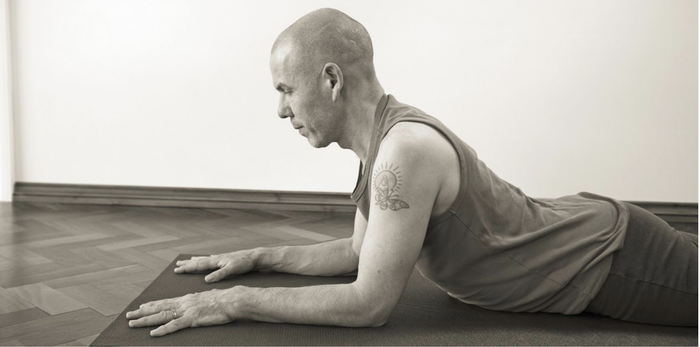
Yin Yoga Teacher Training: Minds, Meridians, Moments (In Person)
24th November 2025 • West London Buddhist Centre • Face to face • Norman Blair
- Details and booking

Teen Yoga Teacher Training (Online)
16th September 2025 • Online Live • Charlotta Martinus
- Details and booking
